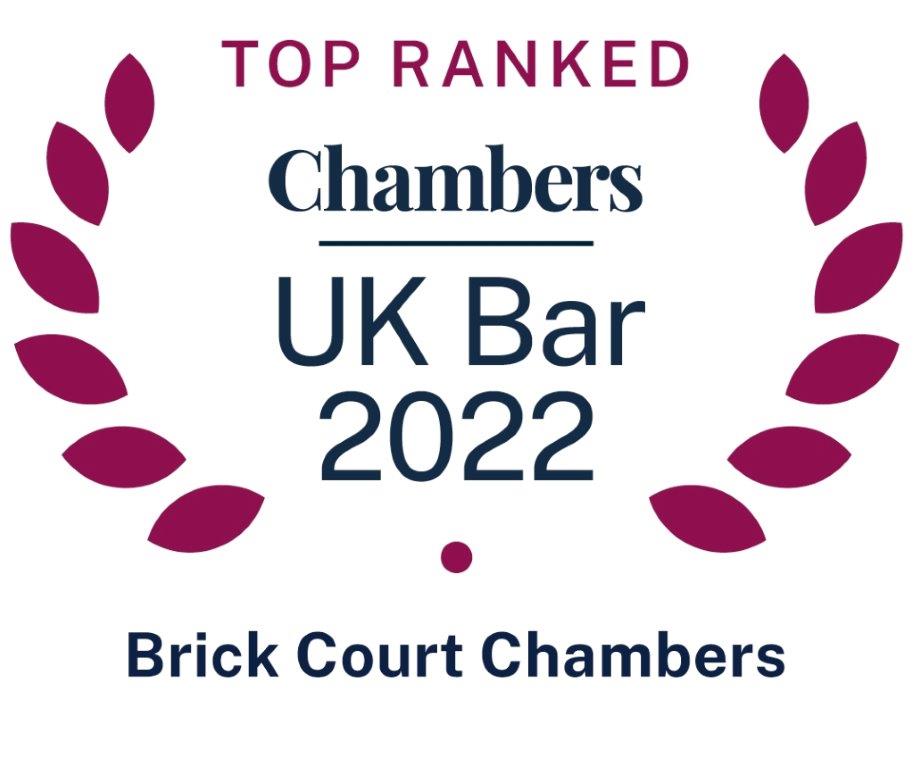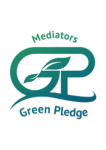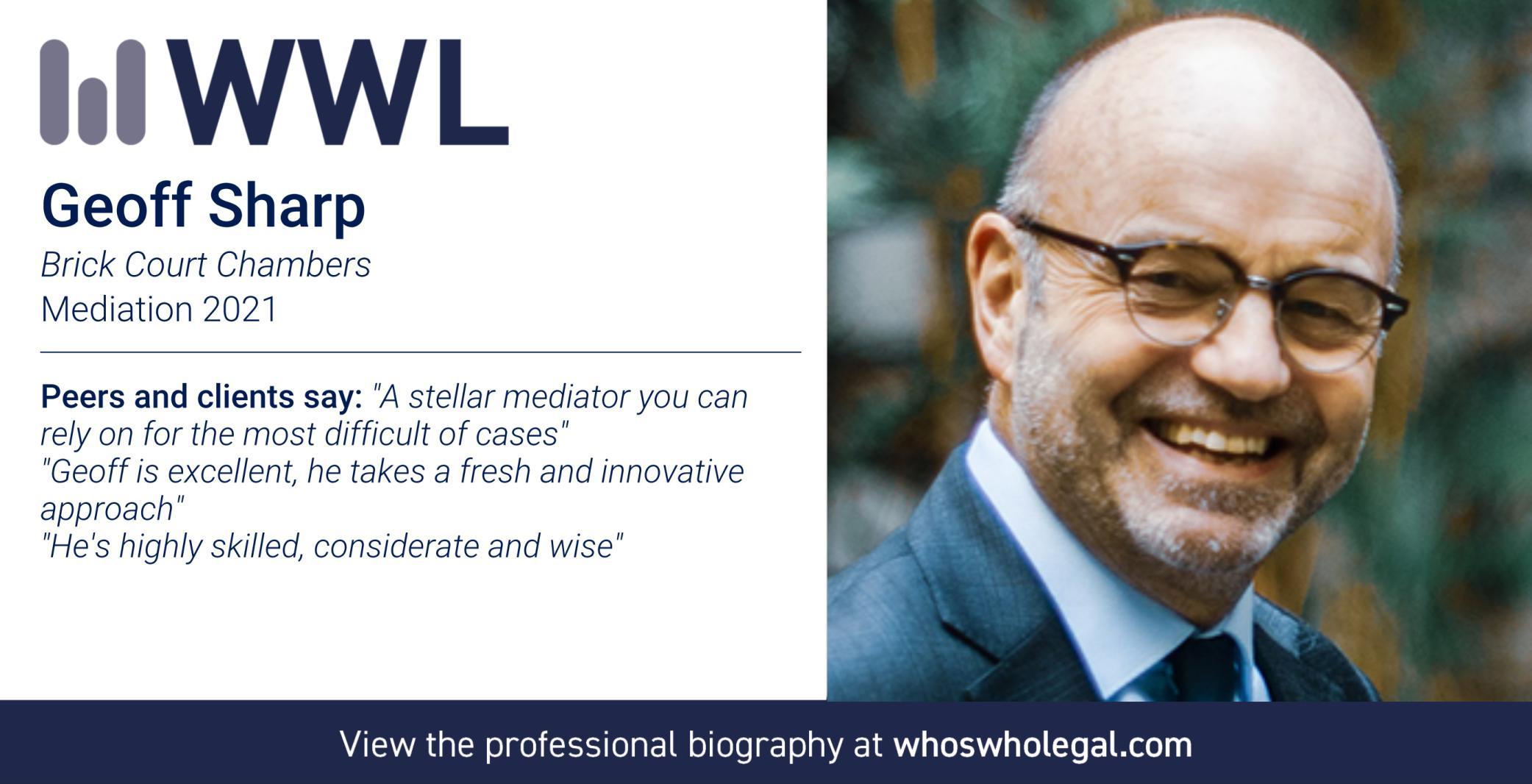MY APPROACH
Most of my work involves mediation of legal disputes, usually already before the courts or in arbitration. Often these cases involve some combination of high stakes, multiple issues, multiple parties, fraught relationships and the likelihood of drawn-out litigation.
However, these litigated cases are often paused while those involved take time out to discuss possible settlement given the costs and risk of proceeding to trial/merits hearing or because the parties wish to retrieve their relationship.
There is no right time to mediate but often mediation is scheduled once pleadings and disclosure of documents are complete and before witness statements are required, thereby striking a balance between parties being sufficiently informed and the additional cost of preparing for trial.
Of course, it is often sensible to mediate at other stages of the dispute – sometimes those involved in the dispute wish to discuss matters soon after a problem has arisen and before any formal steps are taken that might escalate matters. Commercial agreements often require the contracting parties to discuss matters soon after the dispute has emerged and if not resolved at that level, to attend mediation – and only after that two-stage process may either party initiate arbitration or litigation.
It follows that my role as a mediator involves working with legal counsel and their clients – and I aim to conduct the mediation in a way that complements the litigation or arbitration process with a focus on the commercial disposition of the dispute rather than legal determination.
If the dispute is being arbitrated, and because of the limits and risks on a tribunal’s role in fostering settlement, counsel will often seek a timeframe that allows enough time for meaningful settlement negotiations and engage me to mediate – knowing that a sensible procedural timetable can go a long way in creating optimum conditions for resolution.
The issues dividing the parties are often difficult and debilitating. My task, in large part, is to provide a safe legal environment for people to have a full and frank discussion around how they might resolve their dispute. In my experience, people and organisations in conflict often react defensively, become unresponsive, and make decisions without considering important information – mediation can help with this.
Because of that I will facilitate;
1. the flow information – so any settlement decisions can be made on an informed basis
2. case analysis (risk analysis) – so parties can weigh up the pros and cons of litigation on one hand, and settlement on the other
3. movement – by getting to best numbers and then closing the gap§
And as part of that I actively;
1. identify the issues in dispute
2. develop alternatives and options for resolution
3. explore the usefulness of each of those options, and
4. to achieve a resolution that is acceptable to all parties and that meets their interests and needs
Once my appointment is agreed, I will send an e-mail confirming dates and listing several preliminary matters to be considered (timing of an agreed bundle, position papers, venue, those attending etc) and include my standard mediation agreement to be agreed with any changes required by the parties.
I use a mixture of online and in-person mediation and once we have settled intake matters, I will discuss with counsel meeting by Zoom, not only for preliminary housekeeping matters but also for private discussions (with client participation) to increase the likelihood that we will move more quickly into productive negotiations on mediation day.
Also, I normally meet with parties privately on mediation day before convening our first joint session.
My objective in pre-mediation discussions is to learn enough about the case to determine how the overall mediation should be structured to optimize the prospects of resolution when clients are bought together and all these intake steps have one single aim in mind – increasing the likelihood that the participants will move more quickly into productive negotiations when we meet in-person.
Unless I am requested otherwise, if the dispute does not resolve on mediation day, I will follow-up with the participants (usually counsel in the first instance) as I see aftercare as an important aspect of my role as a mediator who does not give up.
Carbon Emission Pledge
I am a signatory to the World Mediators Alliance on Climate Change Green Pledge. I have committed to minimising the environmental impact of each mediation in which I am involved, including avoiding unnecessary travel and using electronic technology wherever possible.
An effective mediator has intelligence, patience and sphinx like demeanor. They use emotion rarely, but always as their slave. They are empathetic, sincere, highly ethical and can smell when you’re lying. They are part psychologist, part judge and part jury. But perhaps most importantly, they do not give up.


